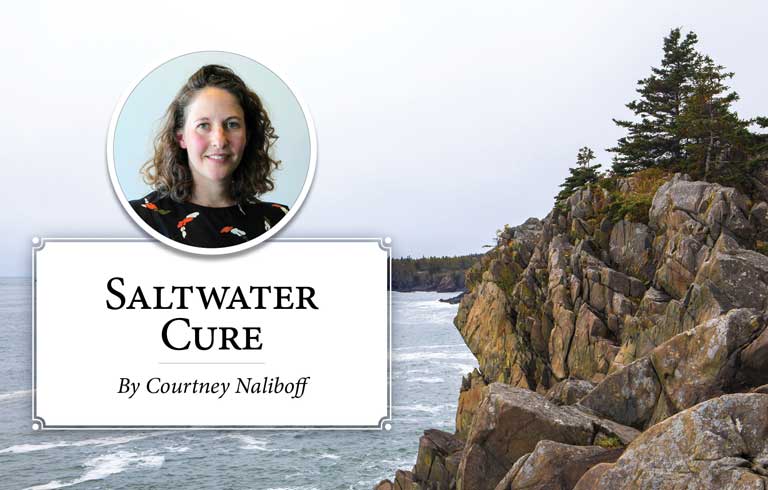The music blasting from the preschool alternated between the Islands and Mamma Mia! soundtracks. The cast of Little Women, our fall show, sang along as they got into costume, makeup, and hair in the Waterman’s preschool, our de facto green room.
There were 13 of them, plus a handful of crew members. Some were as young as nine (the run crew) and some were adults with kids of their own. I buzzed in and out, running upstairs to the booth to set up the sound board, then back down to make sure the stage was set for the top of the show.
I was separate from this scene, neither putting on a costume nor helping someone with an 1860s up-do. But I thought to myself with satisfaction—this is a space that I helped create. As the director of the show, I put the people together, designers and actors, gave them a framework within which they built trust and a genuine enjoyment of each other’s company, set the timeline and sense of urgency.
In any community, but perhaps especially in a geographically isolated area, creating opportunities for shared spaces and experiences is imperative. Without them, we’re like neighbors in a city apartment building, adjacent but disconnected. But with a little structure—a gay/straight/trans alliance, a church, a coffee shop—people can organize themselves into interconnected networks.
This was illustrated very clearly at the season’s first Bus Line league basketball game in early January. Our co-ed team, consisting of six, fifth and sixth graders, went up against St. George’s 16-deep bench of seventh and eighth grade boys.
Within the framework of that valiantly fought basketball game, which naturally brought together the players and their coach, two high school students were drawn in as bookkeeper and timekeeper, my run crew kids made a reappearance running the livestream camera, and the stands were filled with parent and student spectators.
By paving the way for the students to have a team, the coach, athletic director, and administration created an entire ecosystem for people with shared enthusiasms.
When you’re part of the creation of a space, watching it take on a life of its own can feel a little like watching your child become more independent. Pride and possessiveness fight for supremacy—what was once yours is now part of the wider community.
Your name may not be associated with your creation anymore, you might feel like you no longer “get credit.” But through that new independence, there’s so much more room for growth. The ownership others feel, the empowerment that allows them to continue to grow the space, can only make it stronger and more sustainable.
As curtain time drew nearer, actors departed the hair and makeup stations, leaving the green room quiet and littered with makeup-covered applicators, cotton balls, glittering piles of hair pins, street clothes, and the silenced speaker. I walked through the room on my way to the stage, observing my feelings of separation and of ownership, proud of what had become of the space I helped create.
Courtney Naliboff teaches music, theater, and writing at North Haven Community School and lives on the island with her husband and daughter. She may be reached at Courtney.Naliboff@gmail.com.





